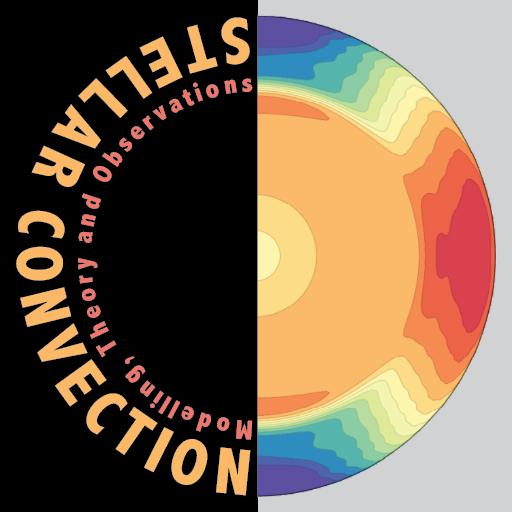CAUTION! Occasionally scammers contact participants claiming to assist you with accommodation and travel arrangements etc.
Please be vigilant and do not share information with them! Also, please notify the organizers if you are in any doubt about the legitimacy of an approach, and never hesitate to contact us with any further questions.
Venue
Nordita, Stockholm, Sweden
Focus Event
The first week of the program (26th-30th August) will be a traditional style conference covering the latest developments in the field.
Confirmed invited speakers
- Laurent Gizon (Max-Planck-Institute for Solar System Research, Göttingen)
- Dominic Bowman (Newcastle University)
- Friedrich Kupka (Univ. of Applied Sciences Technikum / Wolfgang Pauli Institute, Wien)
- Oleg Kochukhov (Uppsala University)
- Sacha Brun (CEA Paris-Saclay)
- Lisa Bugnet (IST Austria)
- Åke Nordlund (University of Copenhagen / ROCS Oslo)
- Geoffrey Vasil (University of Edinburgh)
- Bradley Hindman (University of Colorado Boulder)
- Ansgar Reiners (Göttingen University)
- Robert Andrassy (HITS, Heidelberg)
- Meridith Joyce (Konkoly Observatory / University of Wyoming)
Slots for contributed talks and posters are available, please remember to state this when sending your application!
Please note that the same application form is used for the focus event and the following program activity. Nordita can offer accommodation for a limited number of participants at BizAparments. Please note that these are preferentially allocated to long-term (2 weeks or more) participants.
Schedule
After the focus event, the following three weeks will have specific thematic emphasis roughly according to:
- Week 2 Observations: How can numerical convection simulations be used to test and improve the methods of helio- and asteroseismology? What can we learn about convection zones and related phenomena of stars other than the Sun using asteroseismology? What are the possibilities to obtain information about magnetic fields within the solar convection zone?
- Week 3 Fundamentals: What is the cause of the convection conundrum? Are the numerical simulations lacking essential physics or is it enough to resolve the small-scale dynamo to land in the solar-like regime? Are more sophisticated treatments of the boundary layers near the surface and the base of the convection zone needed? Can subgrid-scale models be used to alleviate the resolution issue? Is is possible to construct a global stellar dynamo benchmark that can be used with iLES and more direct simulations?
- Week 4 Applications: How can the effects of rotation, magnetic fields, and non-locality be accounted for in 1D parameterizations of convection in stellar evolution codes? Do the more physically consistent models lead to significantly different results in the scope of stellar evolution? Which observational results are the most relevant to constrain parameterizations of convection?
Background
Understanding turbulent convection is of crucial importance in many fields of stellar astrophysics. For example, differential rotation and large-scale magnetic fields in stars owe their existence to turbulent convection. However, increasing evidence suggests that our understanding of stellar convection is much less complete than previously thought. The most dramatic manifestation of this is the wide discrepancy between the velocity amplitudes at large horizontal scales from helioseismic inferences and numerical simulations. This is the “convective conundrum” which is arguably the greatest open problem in stellar physics today. Furthermore, most stellar structure and evolution codes still use local mixing length models to describe convection whereas numerical simulations indicate that non-locality and interactions with rotation and magnetic fields are of crucial importance. We bring together experts in three-dimensional convection simulations, helio- and asteroseismology, theoreticians and observers present the latest developments and to address open problems in the field.
Application
All applications will be reviewed. The applicants are asked to give their General Data Protection Regulation (GDPR) consent. When clicking this, the applicant agrees to have their name on the Registrants List together with their dates of a potential visit. The dates can be changed any time. At a later point, for those who have made their bookings, it is mandatory to communicate changes to BizAppartments (or their respective accommodation) directly (and at least one week before their visit). Also, beware of emails from fraudsters.


